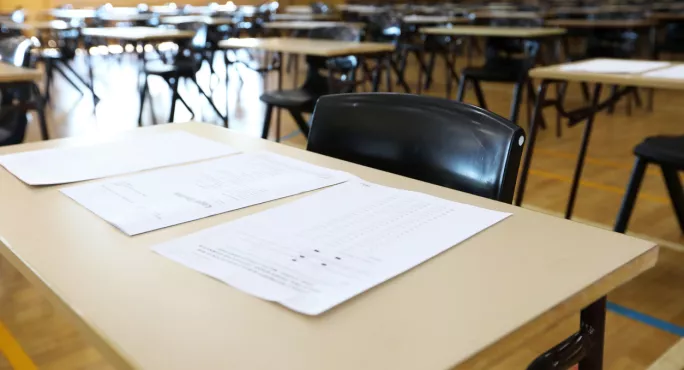Today, exam╠²regulator Ofqual released its to schools on how GCSE and A-level students should be graded this summer.
GCSEs and A levels 2021: Final Ofqual guidance on grading
Here╠²are the most important points from the guidance:
1. Schools should protect teachers from parental pressure╠²
░┐┤┌▒ń│▄▓╣▒¶╠²│¾▓╣▓§ warned schools to shield╠²teachers from parental pressure as they submit GCSE and A-level grades for students.
Last week, speaking at the Association of School and College LeadersŌĆÖ conference, OfqualŌĆÖs interim chair, Ian Bauckham,╠²raised similar concerns about the pressures that teachers could face, saying that awarding GCSE or A-level grades in 2021 should not be a ŌĆ£negotiationŌĆØ.
GCSEs: Guard teachers from grades pressure, says Ofqual
Related:╠²Nine risks of bias for teachers when grading
News:╠²ŌĆśInappropriateŌĆÖ private tutor help warning
Ofqual:╠²No change in grades standard, teachers told
2. Exam boards will investigate╠²ŌĆśinappropriateŌĆÖ levels of help from private tutors
The exam regulator also told schools that they must be confident that any work by students submitted to evidence their GCSE or A-level grades has been completed by the students themselves, without ŌĆ£inappropriateŌĆØ levels of help from a private tutor.
ŌĆ£Exam boards will investigate instances where it appears that evidence is not authentic,ŌĆØ Ofqual╠²added.
3. Standards should not be raised for 2021
Meanwhile,╠²teachers should ensure╠²that it is ŌĆ£no easier or harder for a student to achieve a particular grade this year compared to previous yearsŌĆØ, Ofqual said.
The regulator said this╠²advice was╠²the same as that given to schools in 2020.
4. Teachers must╠²watch╠²out for nine types of bias
And╠²Ofqual warned╠²teachers to be on guard for╠²different types of bias when awarding grades this summer.
They should be ŌĆ£aware of unconscious effects on objectivityŌĆØ, and that╠²their judgements can be affected by ŌĆ£unconscious beliefsŌĆØ, the regulator said.





